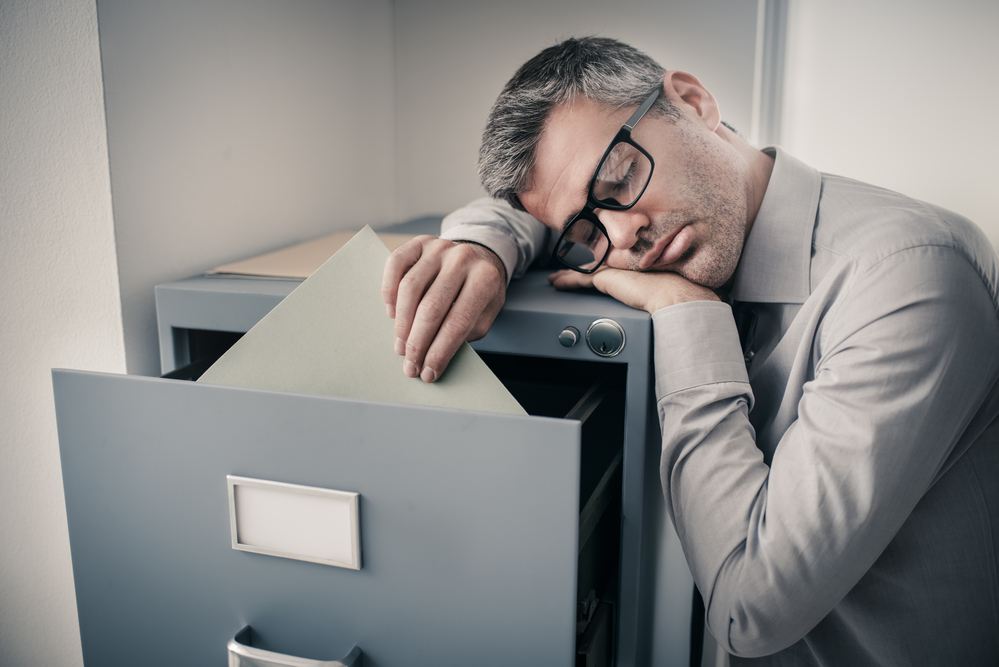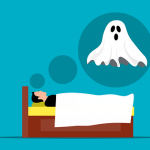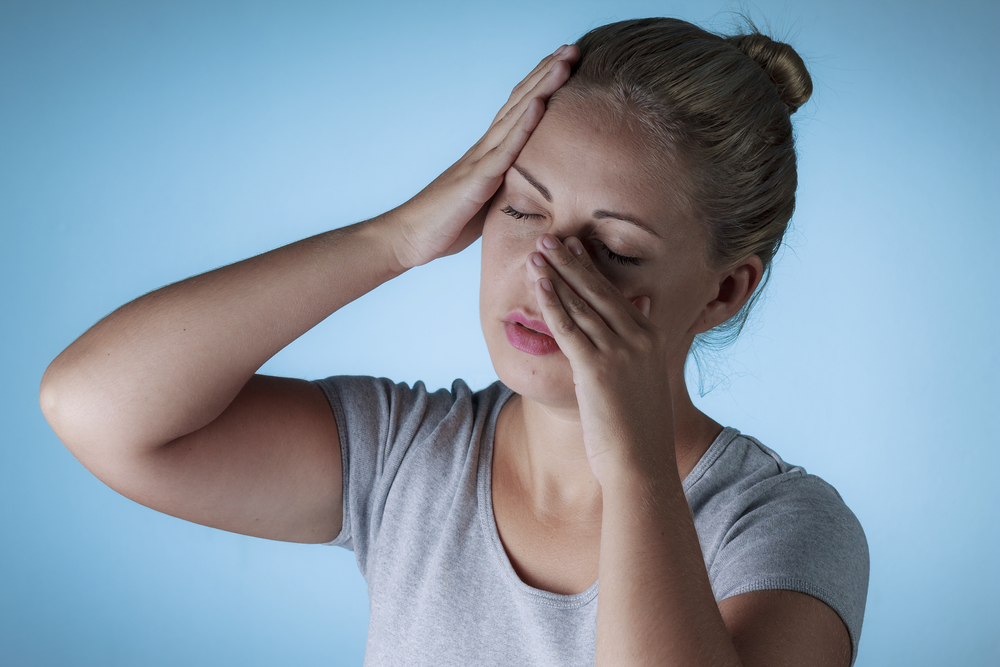About 60% of adults have reported that they have suffered from nighttime foot cramps at least once. Nocturnal foot cramps affect about 25% of adults regularly. The good thing about foot cramps is they are usually no reason for any real concern.
They can be incredibly painful, and sometimes even wake you up from being asleep. A foot cramp causes intense tightening of the muscle in the foot that can cause pain, or a sharp or deep aching. Foot cramps can last from just seconds to minutes. The most common place to experience a foot cramp is in the arch of your foot.
Nighttime foot cramps can affect anyone at any age, but it tends to be more common in older adults. You are at a higher risk of having night foot cramps if you have overall poor health, if you are older, if you are overweight, or if you smoke. Medical conditions that can increase your likelihood of getting foot cramps are high blood pressure, diabetes, heart attack, arthritis, asthma, thyroid disease, and depression.
There are many causes of nighttime foot cramps. How you treat your foot cramps can be dependent on what is causing them. Diagnosing your cause may take a few steps as there are lots of different reasons for night foot cramps. Your doctor may want to take a blood sample, or check what type of medications you may be taking. Most foot cramps can be treated at home and without doctor intervention.
Causes Of Foot Cramps
One of the causes of night foot cramps is inactivity. Sitting too long or sitting with poor posture can both lead to foot cramps that happen at night. Sitting too long or poorly can inhibit blood flow. The lack of blood flow leads to nerve compression. How you sleep can also cause poor circulation which can cause foot cramps.
On the other end overexertion can also cause foot cramps. Muscle fatigue can occur from too much activity such as strenuous exercise, or standing or walking on your feet for long periods of time. If you stand on hard surfaces at your job, such as concrete, it can also lead to muscle fatigue in your feet. Wearing improper footwear. Muscle fatigue can cause the nerves to lose control of muscle movements, which can make night foot cramps possible.
Dehydration is a common cause of foot cramps. Not drinking enough water throughout the day can cause you to be dehydrated as you go to sleep.
READ MORE: Water Before Bed Can Improve Sleep
Nutrient deficiencies such as vitamin B12, thiamin, folate, magnesium, and potassium all can lead to foot cramps. Magnesium is important for muscle health. Early symptoms of magnesium deficiencies are nausea, vomiting, loss of appetite, fatigue, and muscle weakness. Later symptoms of magnesium deficiencies are involuntary muscle contractions, muscle cramps, numbness, and seizures. If you start to have any of these signs you may want to talk to your doctor about supplementation. Potassium is also important in helping regulate muscle contractions. Having low amounts of potassium can cause your muscles to contract, causing foot cramps.
Purium products that contain magnesium:
EPI Genius Family
Power Shake
Super Meal LOV
Pregnancy can cause foot cramps. Especially in the second and third trimesters. The exact cause of why pregnancy causes night foot cramps is unknown, but it may have something to do with low calcium levels, the extra weight gained during pregnancy, or that being pregnant makes you more susceptible to nutrient deficiencies.
Certain medications may have a side effect of causing night foot cramps. Medications like blood pressure medications, statins, diuretics, and birth control pills. If you undergo dialysis you are also at a higher risk of having night foot cramps. Medical conditions that can cause night foot cramps are spinal stenosis, peripheral artery disease, kidney disease, anemia, hypothyroidism, hyperthyroidism, type 1 and type 2 diabetes, osteoarthritis, and Parkinson’s disease.
Treatment Options for Foot Cramps
Treatment for night foot cramps can usually be done at home. Between massage and stretching your foot, you can usually get your foot cramp to go away within a few seconds or minutes.
Going to the doctor can help you find the underlying cause. Treating your underlying cause may also help treat your foot cramps. This could be treating your nutrient deficiency, or changing your medications you are on, or treating an underlying condition.
When exercising make sure you stretch before and after to help prevent cramping. Changing how long and how vigorous you exercise for can also help alleviate foot cramps. Stretches that should be 3 times daily are seated foot and heel raise, toe bend, big toe lift, and standing calf stretch. All of these focus on stretching out the toe and arch muscles of the foot that are most commonly affected by foot cramps.
Make sure you are drinking plenty of water throughout the day.
Balance your electrolytes.
Warm or cold compresses can also help with cramps.
Make sure you have the proper footwear for your job, or hobbies. Add insoles or extra arch support if you stand or walk a lot for your job.
Topical ointments can help alleviate pain and ease the muscle.
In cases where stretching and other home remedies aren’t helping your doctor may prescribe you a muscle relaxant.
In some studies it has been shown that quinine has been successful in treating foot cramps. But this is not a recommended treatment without consulting with a doctor.
Takeaway
Night foot cramps can wake you up out of a deep sleep because they are so painful. Sometimes they can cause insomnia when they occur too often.
Usually night foot cramps are no reason for concern. If you suspect you have an underlying issue causing your foot cramps that needs medical attention, seek help from your doctor.
Otherwise eating a healthy diet, drinking plenty of water, and stretching daily can help prevent and alleviate night foot cramps you are experiencing.
Foot cramps waking you up at night? Some possible causes are magnesium deficiency or dehydration! #HealthSurgeon
READ MORE: The Importance Of Stretching
Sources:
https://www.footcentregroup.com.au/cramps-in-feet-at-night/
https://www.healthline.com/health/foot-cramps-at-night#treatment-and-prevention
https://www.medicalnewstoday.com/articles/foot-cramps-at-night#diagnosis
https://www.verywellhealth.com/foot-cramps-causes-5216830









